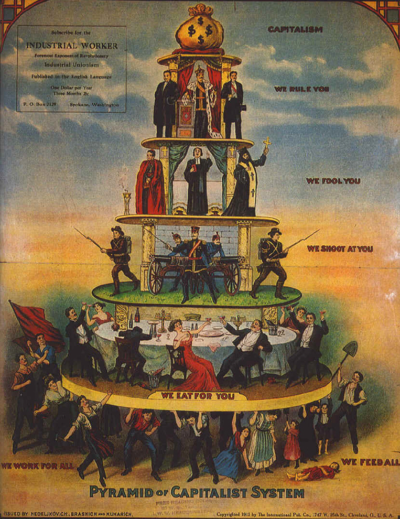If you’re familiar with my academic career, you’ll know I’ve written about pornography. But who am I kidding? I’m not famous.
You can find this writing in a book chapter and an article.
Both of these works are broadly accessible to audiences both inside and outside of academic philosophy. The article is a major expansion of the material in the book chapter, and so that’s probably the best place to look.
My perspective on these issues is not exactly abstract. I’m thinking about it from within an ongoing debate over whether and how pornography subordinates, and perhaps oppresses or marginalizes, women. This is a debate conducted largely within academic literature. I’d like to help move it beyond academia.
I recently discovered a blog entry about my article. Someone thought it interesting enough to write about. And so I wanted to reflect on my past work and how I might approach it several years later. It was fun to read the blog entry and get another person’s take on the ‘theory’ I’ve developed.



